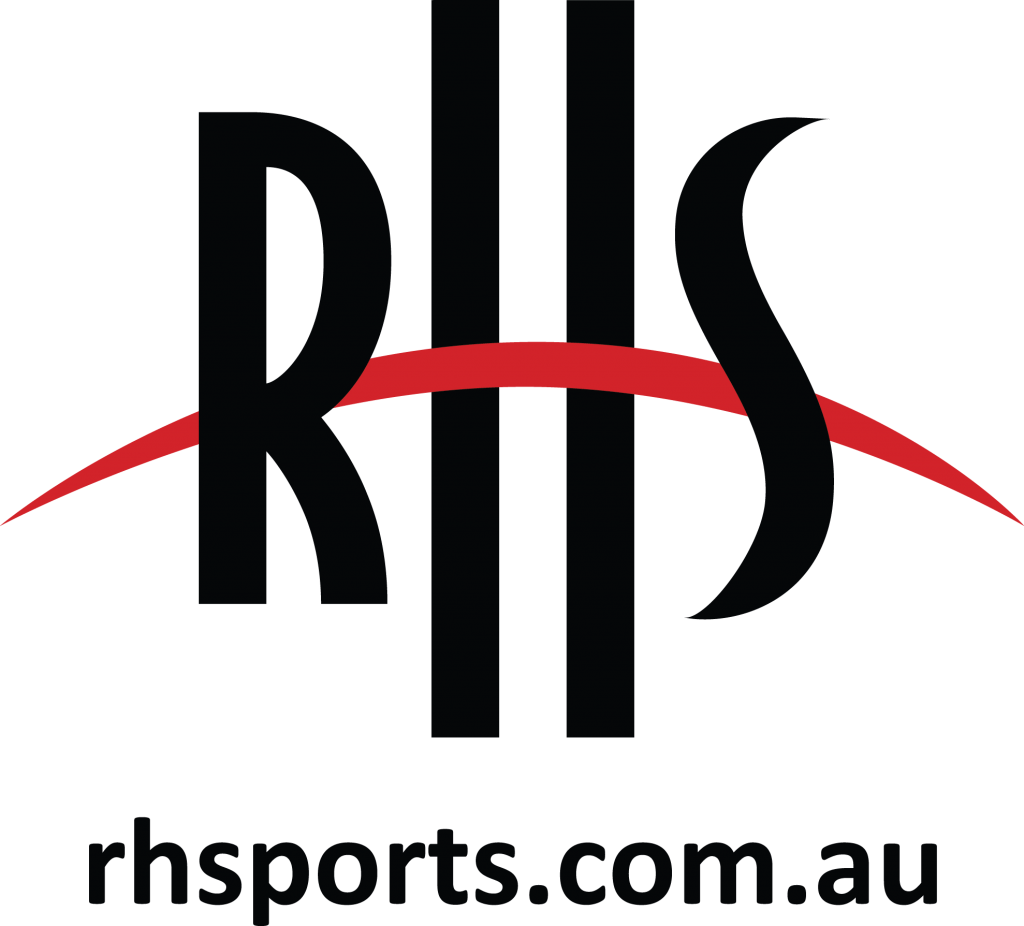If anyone has ever seen an episode of The Office you would know that most scenes are steeped in many hilarious and rich interactions between colleagues, often within small confines such as around the water cooler or photocopier. Whilst the show offers an over the top view of the myriad of smaller discussions that consistently pepper our workplaces, it also offers pause for consideration into the simultaneous meanings and messages that can be found within these exchanges.
‘Lifelong’ and ‘lifewide’ learning are two key terms that have emerged in literature that recognise and value the fluidity and importance of learning that takes places outside of traditional education and training structures. As suggested by Skule (2004) and others, research “…increasingly substantiates the claim that informal learning constitutes the most important way of acquiring and developing the skills and competencies required at work” (p. 9).
Within a Personal Development, Health and Physical Education (PDHPE) context for example, this means that aside from the formal qualifications that we acquire through attendance at university which enable us to become registered teachers, it is the many learning events and opportunities that present to us as teachers in our everyday interactions that hold potentially more significance – ie. the water cooler and photocopier moments; or in our case, the storeroom and sideline moments.
In his article entitled “Learning conditions at work: a framework to understand and assess informal learning”, Skule (2004) argues that whilst informal learning has now become a major target for companies and policy makers because of its ability to improve corporate competitiveness, “…methods for measuring the conditions that are conducive to this kind of learning are seriously underdeveloped” (p. 9). Therefore, one research project that he conducted focussed specifically on identifying the factors that are most conducive to informal learning at work. By examining learning intensity in a workplace, seven distinctive learning characteristics were found in learning intensive jobs, with these subsequently named learning conditions. The value of developing these learning conditions was in effect, to create a framework which can “…be used to measure, compare and assess the quality of the workplace as an environment of informal learning, across industries and different types of jobs” (Skule, 2004, p.15).
But is all learning quantifiable? Whilst measuring learning conditions such as a high degree of exposure to change, superior feedback, or rewarding of proficiency may offer the opportunity to collect valuable data to in turn inform policy and decision making within organisations such as schools; what of the intangible nuances which are infinitely harder to measure yet which are potentially just as impactful as the seven learning conditions described by Skule? Variables such as time, place and relationships surely have the ability to influence informal learning at a more foundational level and in fact determine whether the informal learning process actually even begins initially. Do these factors then need to be quantified to give a more comprehensive picture of the informal learning process, or does taking this approach then inadvertently run the risk of snubbing out the very essence of what informal learning is – an unconscious process of engagement that stems in part from an intrinsic curiosity, a desire to ‘know’ better and a desire to ‘do’ better?
What does informal learning look like for you in your workplace? What are your learning moments? Are they readily quantifiable … or are they a rich tapestry of small interactions with students, peers and mentors which guide you, support you or challenge you to critically reflect on your own practice? If they are anything like ours, your learning won’t be linear … and that’s okay!
Here at ACHPER NSW we encourage you to value these experiences and broaden your network by seeking out further opportunities to connect with those around you. ACHPER NSW offers you a wide range of workshops where you can do just that, as well as the chance to share resources, collaborate with like-minded professionals and access to the collective expertise of a range of industry leaders. So what’s your membership status? As we work in the background on our Professional Learning calendar for 2018, make sure that you renew or join ACHPER NSW as we have some exciting opportunities coming up that we can’t wait to share with you, for as we know – knowledge increases by sharing, not by saving!
References
Skule, S. (2004). Learning Conditions at work: a framework to understand and assess informal learning in the workplace. International Journal of Training and Development, 8:1, 8-20.
Yours in learning
Sharon Coutts
Professional Learning Officer – ACHPER NSW



